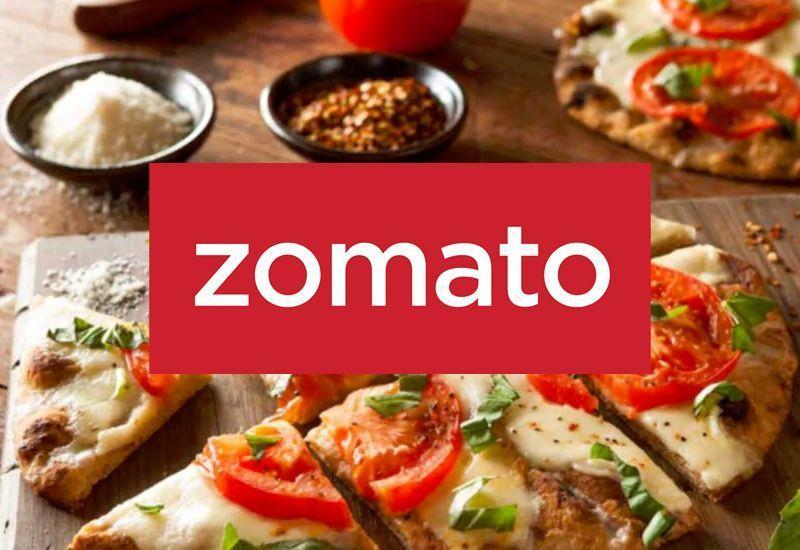Food discovery and delivery app Zomato has defended its stance against waiving or reducing restaurant commission fees, claiming it would compromise its own business survival amid the current coronavirus pandemic.
F&B outlets have had to shut down their dine-in service for nearly a month as part of government measures to tackle the spread of Covid-19, leaving them relying heavily on delivery apps such as Zomato.
The government announced on Friday that restaurants will now be able to open, but with a 30 percent capacity for dine-in service.
Zomato has broken its silence over its decision, stating that it is also experiencing financial challenges in terms of cash flow and revenue as a result of reduced dining.
“As one of the world’s largest restaurant discovery and food delivery platforms, we are also in a very financially challenging situation… While we have heard a call for Zomato, and other food delivery platforms, to take an additional step by removing or reducing our commission fees further, we are unable to do so (even on a temporary basis) without compromising our own survival,” it said in a statement, pointing out that its staff have taken salary cuts.
“Like every other business, we have to cover the costs that it takes to be developed, maintained, and operated. We have worked tirelessly to bring down our infrastructure costs. Our employees, our biggest asset, have also helped by taking voluntary salary cuts in these difficult times.”
The bulk of revenue from each restaurant order made on Zomato goes towards supporting last mile delivery costs, the app said, while the rest of the revenue, including commission fees, is spent on operational and marketing costs.
“This includes paying for staff salaries – riders and non-rider employees alike – maintenance costs (including fuel, vehicle, device, internet connectivity costs), payment gateway fees, marketing campaigns, and administrative costs such as rent, sales, legal, finance, logistics, and customer care support,” the statement said.
Zomato, which serves more than 70 million users across 24 countries every month, had initially come under fire for charging restaurants nearly AED1,000 for a hygiene audit amid the pandemic.
However it then announced that 100 percent of Zomato Gold revenue would go towards a relief fund to help restaurant workers.
It has also offered interest-free loans for small-and medium-sized restaurant partners and delivery partners, and increased delivery radius to 9km for its restaurant partners.
Food and grocery delivery platform Talabat in early April announced a plan to support partner restaurants with commission deferrals and fee waivers amid the pandemic. It would see Talabat support the cash flow of 4,500 SME restaurants.
While other apps like Uber Eats has waived delivery fees for consumers, Deliveroo has not announced any changes to its charges.
Some restaurants came to the defense of delivery apps, claiming it is “unfair” to blame them for woes during the pandemic and use them as “scapegoats” for wider industry problems, at least according to Le Petite Maison Restaurant and Bar global operations manager Nicolas Budzynski.
“Nobody is forcing restaurants to use them. Restaurants can organise delivery themselves. They can hire employees and rent bikes to do the deliveries,” he said. “They can do the math themselves and decide whether to pay commission or do delivery themselves.”
But independent food blogger Food Sheikh told Arabian Business in late March that delivery companies are not offering support, and are being insensitive with their offers of promotions.
“The F&B industry as a whole runs on pretty low profit margins anyway so if you’re giving 30 percent to aggregators then giving off 50 percent discount on food as well, you’re not making any money; in fact you’re paying money to give that order to the customer…” he said.
Together with Dubai software company Chat Food, he launched a temporary solution: a commission-free platform called Deliver DXB that encourages consumers to order directly from restaurants and help them retain 100 percent of their revenue to cover costs, including staff salaries. In its first few days, it had attracted 500 restaurants.






